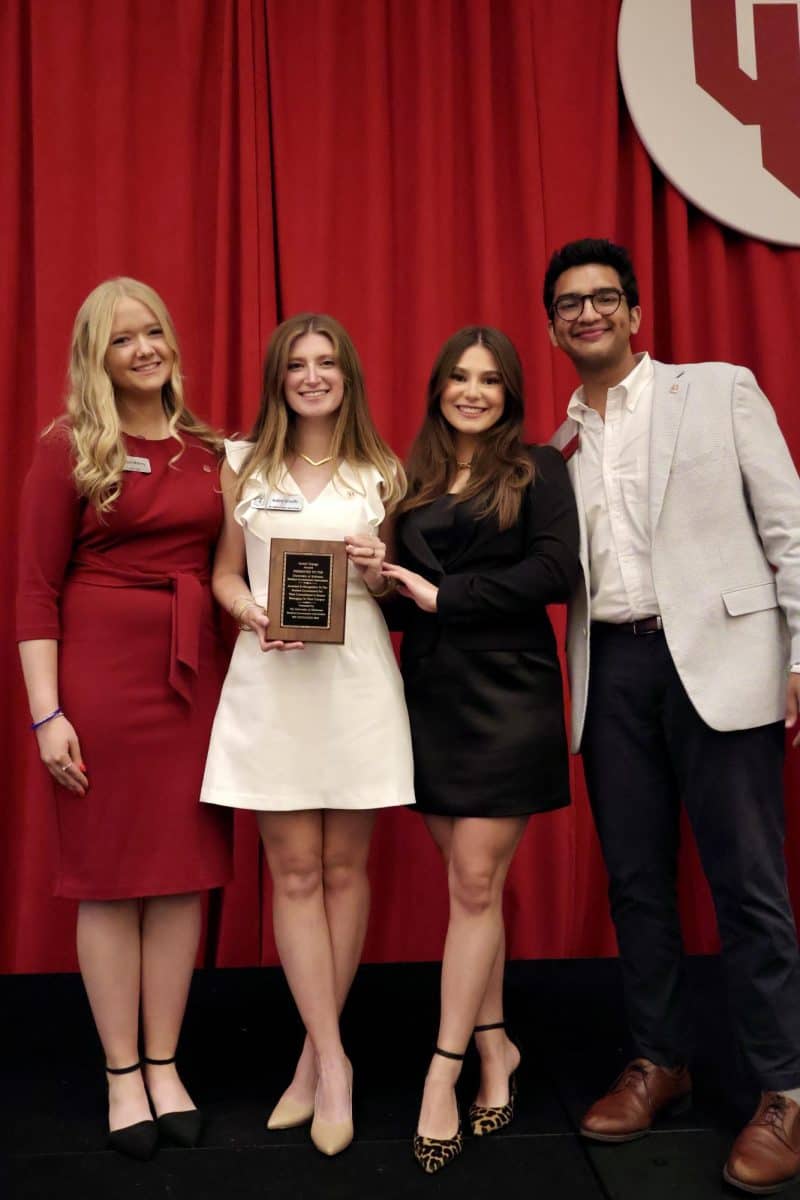Now that Kelly Horwitz has officially filed to contest the results of the Aug. 27 Board of Education elections for District 4, the hearing may not take more than a matter of days, said Bob McCurley, the retired head of the Alabama Law Institute and one of the authors of the Alabama Election Law Handbook.
In her statement, filed on Sept. 6, Horwitz’s complaints include that legal votes were rejected for Horwitz, while illegal votes were counted for her opponent, Cason Kirby, and that bribery and voter fraud both influenced the races.
After Horwitz lost the election to Kirby by 72 points, reports surfaced the next day showing 10 students registered to vote in a single-family home, as well as reports alleging that sorority and fraternity members were offered free drinks at a local bar in exchange for their votes.
In a statement emailed to The Crimson White, Kirby’s attorney, Andy Campbell, denied the allegations and called Kirby a “good and honest person.”
“While the complaint is purposely vague, we intend to show this was a free and proper election and there are no grounds that the plaintiff may prove to set aside the election,” the statement read. “Many of the allegations made in the aftermath of the vote are simply untrue and truly unfortunate for the University community, which will be shown by the evidence.”
McCurley said the burden of proof always falls on the challenger because there is a presumption that all votes are good. He said Horwitz and her attorney will probably research who the voters were, when they registered, where they reside and how long they have lived there.
“Then they may do it one of two ways,” McCurley said. “One, they may ask to depose people, which means they’ll come in, ask them questions, then take their recorded interviews to court. Or, to save time and money, just go to court and ask the people to come in because they could ask each voter, not necessarily how they voted, but when you registered to vote, where you reside, how long have you resided there [and] have you registered to vote other places.”
McCurley also said a potentially disqualifying factor for a candidate is buying votes. But the disqualification would be contingent upon proving a connection between the candidates’s campaign expenditures.
“One would be in the event he wrongly influenced somebody by buying votes,” McCurley said. “To buy votes, you would have show a connection between the money he took in and the money he spent went to somebody who gave it away.”
McCurley said that according to the law, if a person votes twice or votes outside of their district, it is a felony, but he said most cases of voter fraud would count as a class C misdemeanor, the lowest level misdemeanor. Actions such as giving a false and misleading statement about where you live could count as a misdemeanor, McCurley said.
“Most of the time the person would get a fine, and they would not get jail time,” he said. “But even with that, it would be up to the city prosecutor to determine if they wanted to prosecute or not.”
McCurley said the court has several options if any of the contested factors were found to be true, from voiding the election and calling for a new one to only counting eligible votes.
“I think the big story with this is why people voted anyways,” McCurley said. “Did they go vote because a candidate asked? Did they have a compassion for better education? Did they do it because their peer group or fraternity or sorority encouraged them to go do it and they were just following what somebody asked them to go do? What’s the motivation behind it?”






